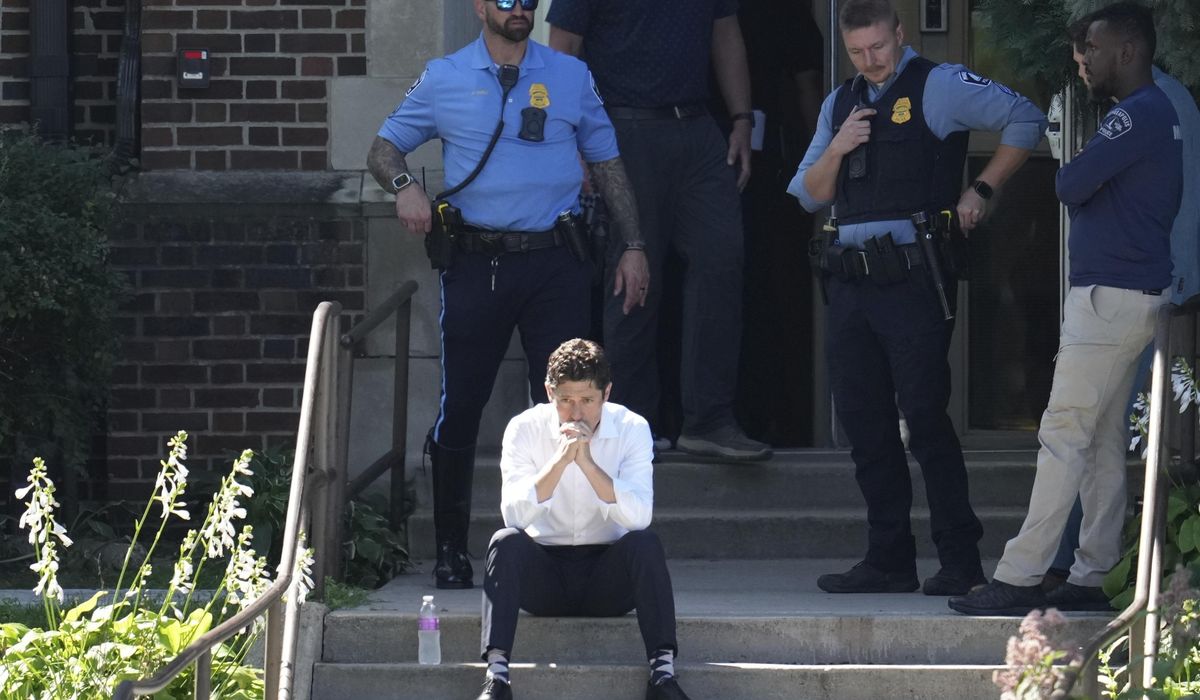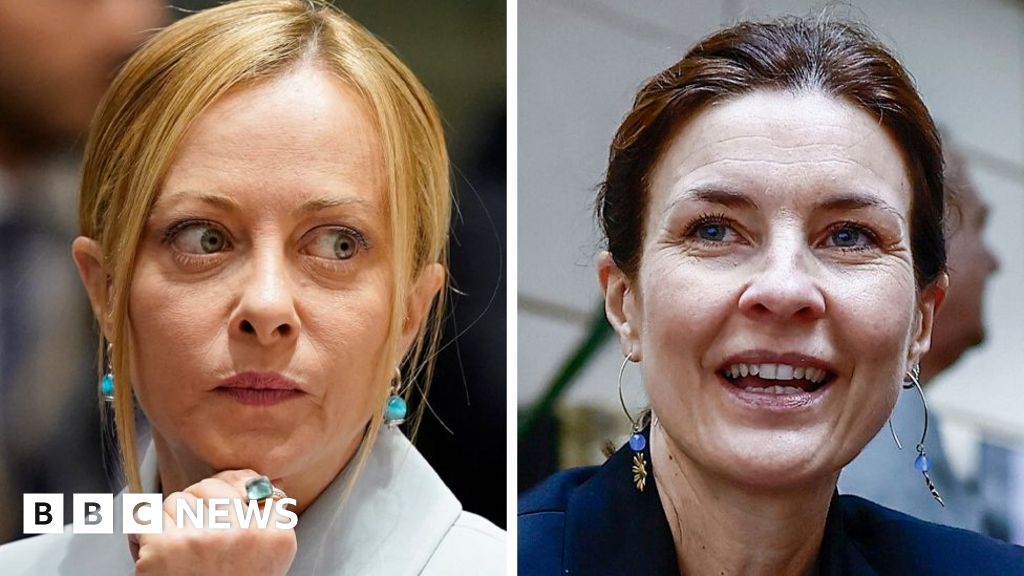ARTICLE AD BOX
President Trump is slashing $4.9 billion in congressionally approved foreign aid funding through a rarely-used budgetary maneuver known as pocket rescissions, an administration official said.
The cuts, which Congress can’t stop, also add tension to the spending debate ahead of a Sept. 30 deadline to approve fiscal 2026 funding and avoid a government shutdown.
Among the funds the White House is pulling back are $3.2 billion in U.S. Agency for International Development development assistance, $322 million from the USAID-State Development Democracy Fund, $521 million in State Department funds to support peacekeeping activities and $445 million in peacekeeping aid.
The official described the funding as “wasteful,” ticking off a flurry of left-leaning programs supported by the funds, such as $24.6 million for “climate resilience” in Honduras, $22 million for a “gender empowerment hub,” and $1.5 million to promote the paintings of Ukrainian women.
The official said there is no way for the administration to “redirect the funds towards fulfilling the president’s agenda.”
Under the pocket rescissions process, a president can eliminate funding lawfully approved by Congress if it comes so late in the fiscal year that it will be next to impossible for Congress to stop it.
The official said that since the rescissions were being sent to Congress past the 45-day deadline, the cuts “will automatically sunset at the end of the fiscal year.”
“These savings will automatically accrue to taxpayers at the end of the year,” the official said.
Democrats and some Republicans have vehemently opposed the tactic. Some have questioned its legality.
A president hasn’t attempted a pocket rescission in nearly 50 years.
“Any effort to rescind appropriated funds without congressional approval is a clear violation of the law,” said Senate Appropriations Committee Chair Susan Collins, a Maine Republican who often clashes with the White House over spending.
“Given that this package was sent to Congress very close to the end of the fiscal year when the funds are scheduled to expire, this is an apparent attempt to rescind appropriated funds without congressional approval,” she said.
The Global Health Council, a nonprofit aimed at advancing health policies around the world, sued the Trump administration earlier this year to stop some of the proposed cuts. On Thursday, the D.C. Court of Appeals lifted an earlier injunction in the case, paving the way for the White House to move ahead with the cuts.
“We are on firm legal ground,” the official said.
The Trump administration says a 1975 opinion by the Government Accountability Office gives it the authority to move ahead with the cuts. In that opinion, the GAO concluded pocket rescissions were a “major deficiency” in the Impoundment Control Act, which limits a president’s power to withhold congressionally approved funds. Congress has twice amended the ICA and the rescission provision, but did not prohibit pocket rescissions as part of those tweaks.
Administration officials tend to argue that by leaving the pocket rescission process alone, it is tantamount to ratifying it as permissible.
However, a recent post on the GAO “WatchBlog” asserted that pocket rescissions are illegal.
“Congress holds the power of the purse – approving a budget and appropriating funds,” it said. “A pocket rescission could allow a president to avoid spending the money regardless of whether Congress approves the rescission request. This would cede Congress’ power of the purse by allowing a president to, in effect, change the law by shortening the period of availability for fixed-period funds. The Impoundment Control Act does not provide that authority. If Congress wanted a president to have that authority, it would need to change the law.”
Administration officials are quick to point out that Presidents Jimmy Carter and Gerald Ford made pocket rescissions in the 1970s.
“Carter sent several rescission proposals to Congress in July of 1977. Funds from two of those proposals lapsed on September 30, 1977, in one case prior to the expiration of the 45-day [Impoundment Control Act] withholding period and in another case five days after the withholding period ended,” current Office of Management and Budget General Counsel Mark Paoletta wrote in a 2018 letter to the GAO.
Democrats fiercely oppose the pocket rescissions.
Senate Minority Leader Charles E. Schumer, New York Democrat, said the rescissions show Republicans are going to have to “go it alone” on government funding without the help of Democrats, which could lead to a government shutdown.
“Today’s announcement of the Administration’s plan to advance an unlawful ’pocket rescission’ package is further proof President Trump and Congressional Republicans are hellbent on rejecting bipartisanship and ’going it alone’ this fall,” Mr. Schumer said.
Sen. Jeff Merkley, Oregon Democrat and ranking member of the Senate Budget Committee, called pocket rescissions “quite frankly unconstitutional,” in a video posted earlier this year by Democrats on the panel.
“Why do I say unconstitutional? Because the Constitution gives the power of the purse to Congress, and then the president is supposed to execute that,” he said. “It’s not the normal way of doing this. It’s not acceptable.”
In addition to Ms. Collins, other Republicans previously raised concerns after the Senate in July approved a rescissions package that included cuts to NPR and PBS.
Sen. Roger Wicker, Mississippi Republican, said that the time that only Congress “has the power of the purse.”
“But this Congress will not be allowed to choose those specific cuts. That will be done by somebody in the Office of Management and Budget in the White House. And in this situation, it will amount to the House and Senate basically saying: We concede that decision voluntarily to the executive branch.”

 3 hours ago
8
3 hours ago
8








 English (US) ·
English (US) ·